Understanding the Link Between Autism Spectrum Disorder (ASD) and Menopause
As women approach menopause, they often face a whirlwind of changes that can affect their physical and emotional health. While we all know about hot flashes and mood swings, there’s another important connection that often gets overlooked: the link between Autism Spectrum Disorder (ASD) and menopause. Let’s dive into this topic to understand how these two life stages intersect and what it means for women. At Donna Morgan Counselling, we provide menopause counselling as we turn the menopause transition into an opportunity for growth and resilience.
What is Menopause?
Menopause typically occurs between the ages of 45 and 55 and signals the end of a woman’s reproductive years. During this time, the body experiences a decline in hormones like oestrogen and progesterone, leading to various symptoms such as:
- Hot flashes
- Mood swings
- Sleep disturbances
These changes can affect every aspect of health, and for women on the autism spectrum, they can amplify existing traits and make managing symptoms more challenging.
Menopause and Neurodivergence | Interaction
While menopause itself doesn’t cause neurodivergent conditions like ASD, it can make underlying traits more apparent. Many women with ASD have spent years masking their symptoms to fit in, but as hormonal changes occur during menopause, this masking can become increasingly difficult. The stress and anxiety that often accompany menopause can lead to a deeper understanding of one’s neurodivergence. If you are experiencing the above feel free to contact us so we can help manage your symptoms, reduce anxiety and guide you towards an empowering menopause journey.
The Role of Hormones
Research has shown that oestrogen plays a crucial role in brain function and emotional regulation. As oestrogen levels drop, some women may find their sensory sensitivities and social processing difficulties become more pronounced. This can lead to new insights or even a formal ASD diagnosis during this period.
Mental Health and Menopause | Challenges
Women with ASD may also face heightened challenges related to mental health during menopause. Conditions like anxiety and depression can worsen as hormone levels fluctuate. Studies indicate that pre-existing mental health issues often escalate during menopause, creating a complicated landscape of emotional health for neurodivergent women.
Personal Stories | A Shift in Identity
Many women report that their ASD traits become harder to ignore as they navigate menopause. For instance, a client of mine shared how her anxiety and sensory overload became overwhelming, prompting her to seek an ASD diagnosis. This newfound understanding helped her develop personalised coping strategies that made her feel more in control.
How Can I Take Action?
If you’re a woman experiencing menopause and suspect you might be on the autism spectrum, consider these steps:
- Self-Reflection: Take time to reflect on your experiences. Have you noticed changes in your sensitivities or social interactions?
- Seek Professional Help: Don’t hesitate to reach out to healthcare professionals who understand both menopause and neurodivergence. They can provide the support and guidance you need.
- Join Support Groups: Connecting with others who share similar experiences can be incredibly empowering. Look for local or online support groups focused on neurodivergence and menopause.
- Educate Yourself: Knowledge is power. Read articles, watch videos, and participate in forums to learn more about ASD and menopause.
FAQs about Autism Spectrum Disorder and Menopause
What are the main symptoms of menopause?
Menopause can cause a range of symptoms including hot flashes, mood swings, sleep disturbances, and changes in libido.
Can menopause cause new ASD symptoms?
Menopause doesn’t cause ASD, but it can intensify existing traits and make them more noticeable, especially if you’ve been masking them for years.
How can I cope with these changes?
Consider seeking support from professionals who understand both menopause and ASD. Joining support groups can also help.
What should I do if I think I might be on the autism spectrum?
If you suspect you have ASD, reach out to a qualified professional for an assessment. Gaining clarity on your neurodivergence can be incredibly beneficial.
FAQs about Donna Morgan Counselling
What services does Donna Morgan Counselling offer?
Donna Morgan Counselling provides a range of mental health services including individual therapy, support for neurodivergent individuals, and specialised counselling for women navigating menopause.
How can I contact Donna Morgan Counselling?
You can reach out via our website or contact us directly. We’re here to help!
Embracing Neurodivergence in Midlife
For many women, menopause can be a time of significant self-discovery, especially for those on the autism spectrum. While the journey can be challenging, it also presents an opportunity for greater self-understanding and empowerment. By recognising the interplay between menopause and neurodivergence, we can advocate for more personalised and compassionate care.
Let’s continue the conversation around these important issues. Remember, you’re not alone in this journey!




